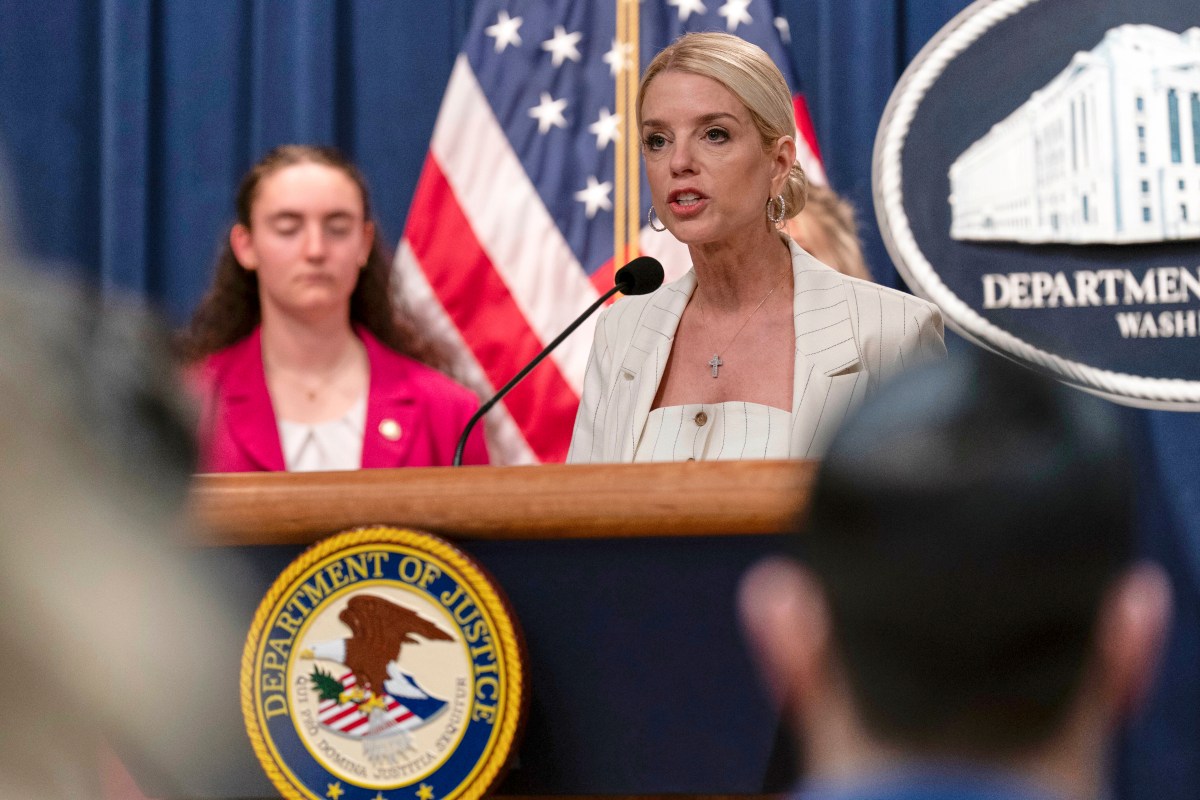Justice Department Investigates Minors’ Transgender Care Providers
The U.S. Department of Justice (DOJ) has launched a sweeping investigation into healthcare providers offering transgender medical services to minors, escalating a contentious national debate about youth gender-affirming care. The probe, announced this week, will scrutinize medical practices, ethical guidelines, and legal compliance across multiple states as lawmakers and advocacy groups clash over child welfare protections.
Scope and Purpose of the Investigation
The DOJ’s inquiry focuses on whether healthcare providers are adhering to federal and state laws when administering puberty blockers, hormone therapies, or surgical interventions to transgender youth under 18. Investigators will review informed consent procedures, parental involvement, and long-term outcome data. The move comes as 20 states have enacted restrictions or bans on gender-affirming care for minors since 2021.
“This investigation aims to ensure vulnerable children aren’t subjected to irreversible medical treatments without proper safeguards,” said a senior DOJ official speaking anonymously. “We’re examining whether providers fully disclose risks like infertility or impaired bone development.”
However, the American Academy of Pediatrics (AAP) maintains its 2018 position supporting evidence-based gender-affirming care. A 2022 Journal of the American Medical Association study found such care reduces depression and suicide risk among transgender youth by 60%.
- Legal Context: 34 pending lawsuits challenge state bans on youth transgender care
- Medical Data: 1.4% of U.S. teens identify as transgender (CDC, 2021)
- Treatment Rates: An estimated 4,780 minors received puberty blockers or hormones in 2021
Divergent Perspectives on Medical Ethics
Dr. Sarah Chen, endocrinologist at Boston Children’s Hospital, defends current protocols: “We follow rigorous standards with multidisciplinary teams. The real danger isn’t overtreatment—it’s denying care to kids who desperately need it. Suicide attempts among trans youth drop 73% when accepted by their families.”
Conversely, conservative think tank director Mark Reynolds argues: “Children can’t consent to life-altering procedures. This investigation is overdue—we’ve seen whistleblowers reveal rushed evaluations and hidden complications.”
The investigation coincides with new HHS guidelines expanding Medicaid coverage for transgender services. Meanwhile, Texas and Florida have classified some youth gender treatments as child abuse, creating legal conflicts with federal nondiscrimination laws.
Potential Consequences for Healthcare Providers
Medical professionals face possible civil penalties or license revocations if investigators find violations. The DOJ could also refer cases to state medical boards. Major hospital networks like Kaiser Permanente have already reported subpoenas for patient records—though names will be redacted to protect privacy.
Legal experts warn the probe may create a chilling effect. “Providers in restrictive states were already fleeing,” notes Columbia University law professor Elena Rodriguez. “This could worsen critical shortages in transgender healthcare.”
Key investigation focus areas include:
- Informed consent documentation for minors and guardians
- Compliance with state-specific treatment bans
- Follow-up procedures for discontinued treatments
Broader Implications for LGBTQ+ Rights
Civil rights organizations have condemned the investigation as politically motivated. “This administration promised to protect transgender rights, yet this move echoes far-right rhetoric,” said Human Rights Campaign president Kelley Robinson. The DOJ counters that it’s enforcing existing child protection statutes without regard to political agendas.
International precedents offer mixed insights. While the UK’s Tavistock gender clinic closed after a similar review, Canada recently strengthened youth transgender protections. U.S. courts remain divided, with federal judges issuing contradictory rulings on state bans.
What Comes Next in the Legal and Medical Landscape
The investigation will likely take 12-18 months, with preliminary findings expected before the 2024 election. Outcomes could include:
- New federal guidelines for youth gender care
- Referrals for malpractice investigations
- Clarification on conflicts between state and federal laws
For now, advocacy groups urge families to consult legal resources if facing care interruptions. “No child should lose medically necessary treatment due to political battles,” asserts ACLU attorney Jasmine Lee. “We’re preparing litigation to defend every family’s right to evidence-based healthcare.”
As this unprecedented investigation unfolds, its ripple effects may reshape transgender healthcare access for a generation. Readers seeking to understand their rights can contact the Lambda Legal Help Desk for confidential guidance.
See more WebMD Network



